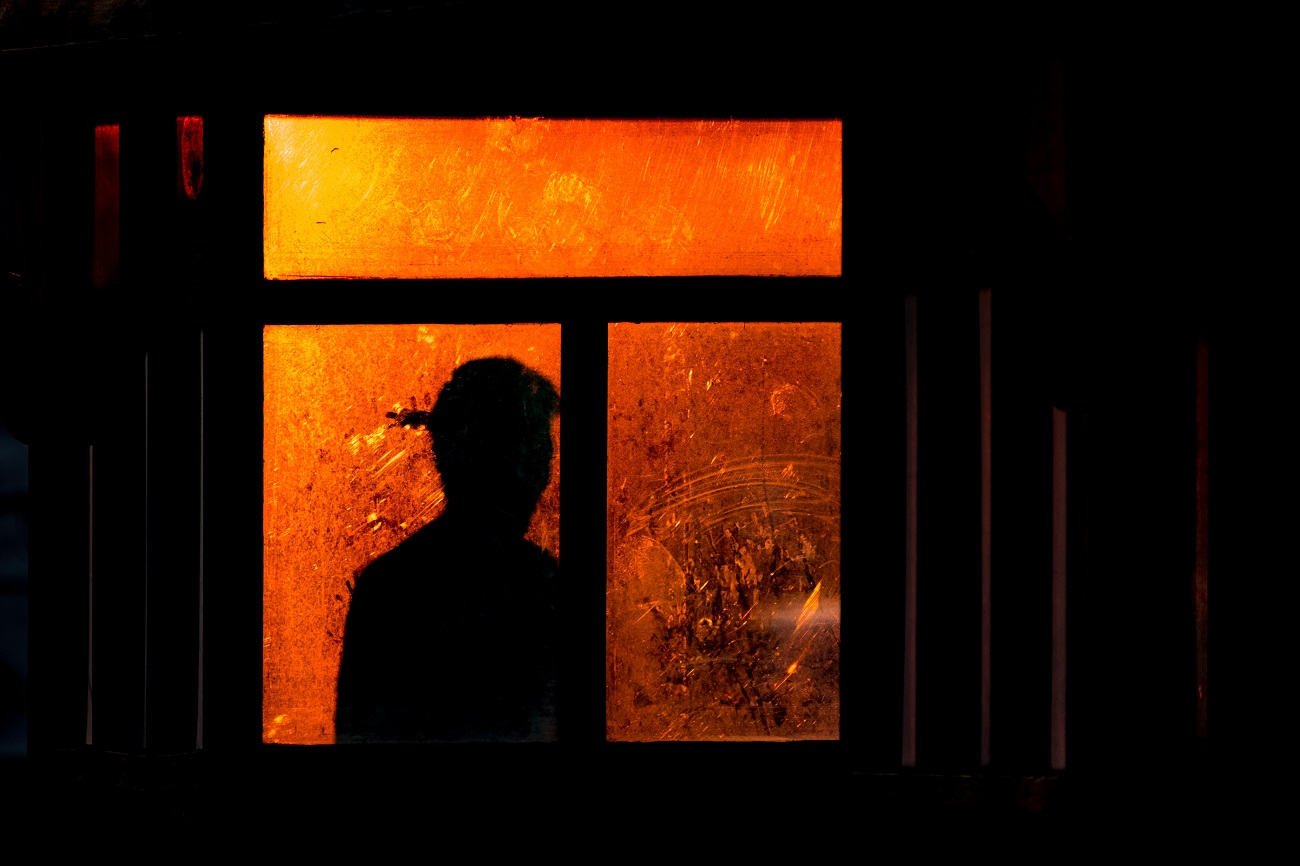There’s a reason Parasite won the Best Picture at the Oscars in 2020.
Even though certain people still have a bone to pick with a South Korean film being adjudged the best film at a ceremony that is supposed to be in honour of the best American movies, it was poetic that a movie speaking about the blind pursuit of privilege won so much acclaim.
In Parasite, the Kim family schemes, lies and connives their way into employment in the home of the Park family because they want a taste of that rich, carefree life for themselves too. However, at the end of the day, they are content just being ‘parasites’, feeding off the largesse of the Park family. When the Parks ultimately reveal their selfish nature at a crucial juncture, all hell breaks loose.
It is very easy for us to sit back and watch Parasite with the detached curiosity of film aficionados, and keep chatting on social media about how Bong Joon-ho is a visionary director who has finally won his place in the sun. But this ‘privilege’ of appreciating the film reveals something unsavoury about ourselves. And sitting at home for the past few weeks during a lockdown has smashed this Pandora’s box open.
Beyond the shortages of masks and PPEs, and the rapidly-rising death rates in various countries, a cursory look at all the COVID-19 headlines reveals a distasteful truth—the disdain shown towards authority and laws by the ‘educated’ class. Globally, there have been so many stories of people exhibiting the worst-possible responses to law and order, and more specifically, towards humanity, that it is appalling to even ignore.
From a Canadian couple who indulged in unethical business practices, to the infamous Kolkata-based family who displayed a sheer lack of civic sense in attempting to cover up symptoms of COVID-19, to over-enthusiastic citizens who decided to completely misconstrue the words of a nation’s Prime Minister and burst crackers, and even young Americans who decided early on that nothing, not even a pandemic, could come in the way of their ‘spring break’, there are many such instances of people choosing to throw the weight of their privilege around. In India, people have also not let go of their innate prejudices, whether religious or caste-based.
The covers on the gaping inequality between the haves and the have-nots have come off.
The lack of empathy for others was always a staple—a ‘necessary evil’, so as to speak—of our consumerist times. If there’s one thing COVID-19 has successfully done, it is this: the covers on the gaping inequality between the haves and the have-nots have come off. While we have seen various lockdown challenges and dalgona coffee pouring out from various social media handles, we have also seen the hapless plight of the very people who keep this lockdown ticking.
In India, for instance, labourers working in other states have had to face a lot while returning home, and are being otherwise demonised if they stay back. Overnight, various industries have been shaken, and the world is on the brink of a global recession for which there is no precedent. Yet, there are people who still live in their bubble, thinking about the next luxury item they are going to buy, or the next vacation they are planning to take. These people often criticise people with lower incomes, and there have been charges of COVID-19 transmission levelled against those who could not come back home sooner.
COVID-19 may have reset our lifestyles for a few weeks, but it has sadly not taken out ‘privilege’ from the equation here.
Ultimately, all privilege is about a social demonstration of power and influence over people who do not have the means to respond. But if the very people whom we exercise our privilege over are nowhere to be found in this world, what good is this ‘privilege’?
We spend all our waking lives chasing status and power, but at the end of the day, all that is useless because the people to lord over might not be there. As more and more people globally become unemployed and suicidal due to this pandemic, individuals and corporations need to rethink their vacuous pursuit of influence, and focus on the greater good.
In the first half of the year, we now find ourselves at a crossroads. How do we want future generations to remember us? It is painfully obvious by now that the whole “greed is good” maxim doesn’t suit us anymore. Jobs will be lost, and earnings will be hard to come by. More importantly, though, our lives have to be reset.
We cannot keep looking at everyone and everything through the same petty, narrow-minded lenses of bias and ridicule we have done our entire lives. We cannot keep thinking of life as a profit-and-loss statement. COVID-19 has shown us the mirror yet again.
In 2020, humanity has to win its humanity back.
Crafted with brevity
to make certain you see what others don't
Subscribe. We are growing.












When he’s not busy watching old cricket matches and reaction videos on Youtube, or marvelling at how bad screenplays in Hindi cinema can get, this guy teaches English literature at a university in West Bengal, besides taking an interest in Indian cinema, popular culture and global media industries. Rony also reviews movies and shows for LetsOTT. He can be reached at rony@nakedtruth.in, on Twitter at @ronypatra, and on Instagram at @rony.writer.